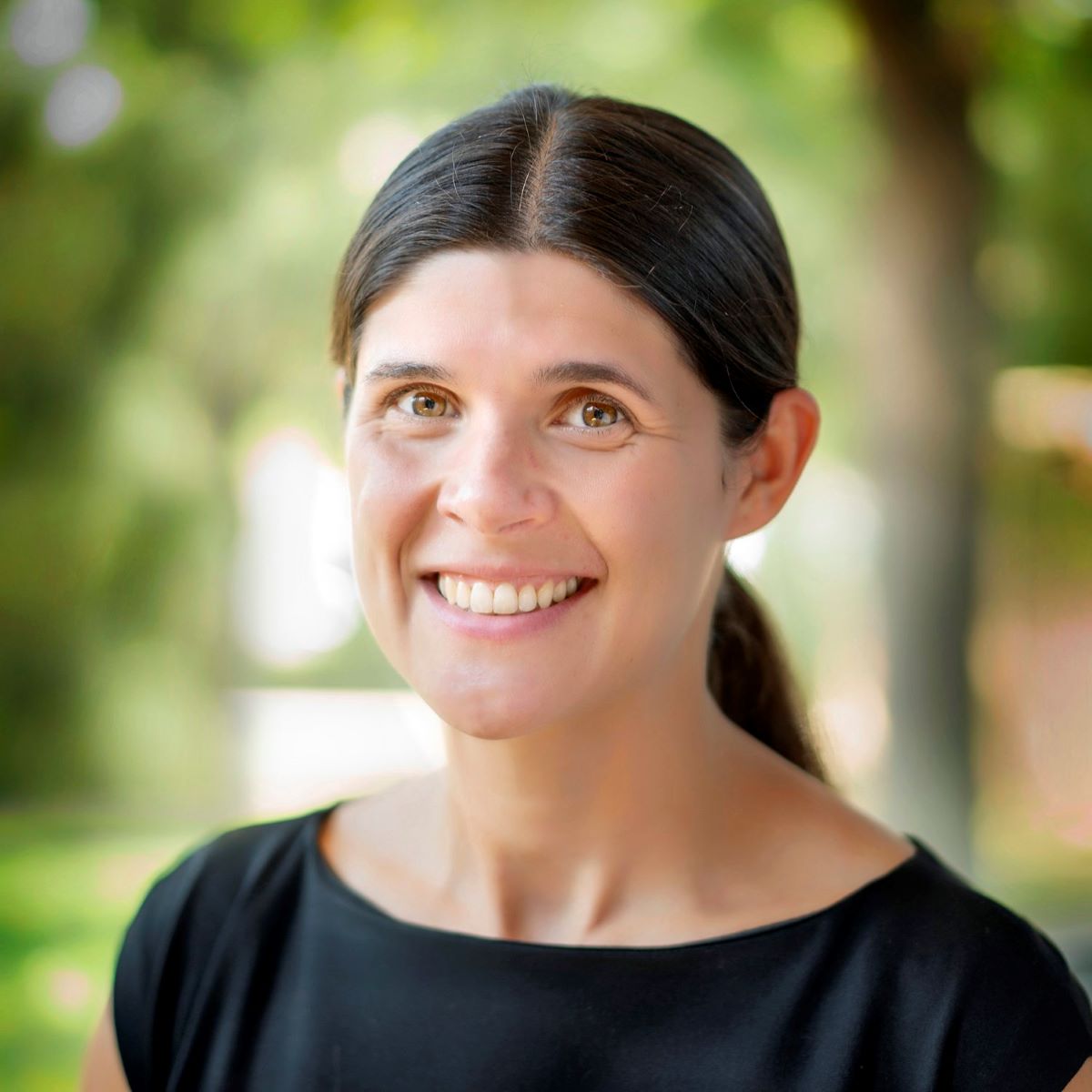In early June of 2024, I stepped out of the Kualanamu International Airport and into the tropical heat of Medan, North Sumatra. At this point, I, along with two colleagues from Luther Seminary, had been traveling about thirty-six hours to get to Indonesia. We had lunch in Los Angeles, a brief stop in Tokyo, spent the night in the Singapore airport, and now we were finally at our destination. I was exhausted, but very excited to see the country to which I had spent so long traveling. The palm trees and rice paddies reminded me that I was very far from home.
This was the first time I had been to Asia, and I, along with seven others, were traveling through an ELCA study program designed for professors at ELCA seminaries to learn about theological education in Indonesia, which is home to the fourth largest population of Lutherans in the world. We were also there to learn more about ELCA accompaniment work in the region, what types of challenges Christian churches face as religious minorities (Islam is the largest religion in Indonesia), and to better understand the Indonesian Christian approach to contextuality and interpretation around their Lutheran heritage.
Christianity came to North Sumatra in the mid-nineteenth century. The most influential missionary to the region was Ludwig Ingwer Nommensen (1834–1918) who was associated with the Rhenish Missionary Society and worked with the Batak people. Over the past century and a half, Christianity in Indonesia has continued to grow and today there are nearly eight million Lutherans and thirteen different Lutheran denominations, the largest being the Batak Protestant Christian Church (or in Bahasa Indonesia, the Huria Kristen Batak Protestan or HKBP).
When we arrived in Medan, we were greeted at the airport by members of the Komite Nasional of the Lutheran World Federation (KN-LWF), an organization that includes employees from several different Lutheran denominations, who were to be our guides and our companions throughout our time in North Sumatra. We could not have asked for more welcoming and gracious hosts, and the members of the KN-LWF will always hold a special place in my heart. Over the next fifteen days, the eight of us, plus our Indonesian companions, traveled through North Sumatra visiting theological schools, churches, church headquarters, and missions. We also enjoyed some sightseeing, cultural activities, including enjoying some Sumatran coffee (which was excellent!) and trying durian (which I was less enthusiastic about). We even had a day of rest and relaxation on Samosir Island in Lake Toba, which is a giant caldera, and one of the most beautiful places I have seen.
In some ways, it was a difficult trip. I missed my husband and children terribly. I got sick in the city of Taratung, and exhaustion and nausea plagued me for the second half of the trip. Yet, I am so grateful for the opportunity to travel with colleagues from other seminaries and the ELCA, and I am even more grateful for the opportunity to meet Christian leaders and future Christian leaders in North Sumatra. After meeting, talking with, learning from, and worshiping with Indonesian Christians, I feel such hope for the future of the church.
In the United States, we are suffering from declining adherence to the Chistian faith. We see this in both our churches and in our seminaries. I have previously written that I do not believe that God is giving up on us, but it is undeniable that we in the West are living in a secular world in which religion is optional and many are simply opting out. The story couldn’t be more different in North Sumatra. The churches were packed with enthusiastic worshipers. The seminaries turn away half of applicants because they are at capacity. The schools are filled with passionate young people (because you cannot even apply to seminary if you are over the age of twenty-five!) who are excited to devote their lives to Christ and the mission of the church.
Besides the passion and love for Christ, the most powerful thing I experienced in North Sumatra was the incredible hospitality. Everywhere we went, we were welcomed. I live in Minnesota; we are not known for our warmth. Polite aloofness would probably be the best way to describe the hospitality in the Upper Midwest. Yet, as I traveled, I learned just how much hospitality can and should be a sign of our Christian faith.
I took many lessons home with me from my travels. I learned about the structure of theological education in Indonesia. I learned about Batak culture and the history of the church in North Sumatra. I witnessed how a Christian church operates as a minority religion in a Muslim majority country. I learned more about global missions. These are all valuable lessons that I can and will pull on when teaching the history of Christianity at Luther Seminary. Yet, I found the most valuable lessons to be the ones I learned from talking and laughing with the Christians we met. I learned the value of a coffee and snack shared over conversation with a stranger who is also a brother or sister in Christ. I learned the value of worshiping together in a language that isn’t mine. Most of all, I learned the value of seeing Christianity in a context entirely different from my own.
Every church faces challenges, and I don’t want to imply that everything is perfect in Indonesia. But my trip was a good reminder that our American expression of the Christian faith is just one of many and that we have so much to learn from other Christians and other churches. I came home both more humble and more hopeful.





